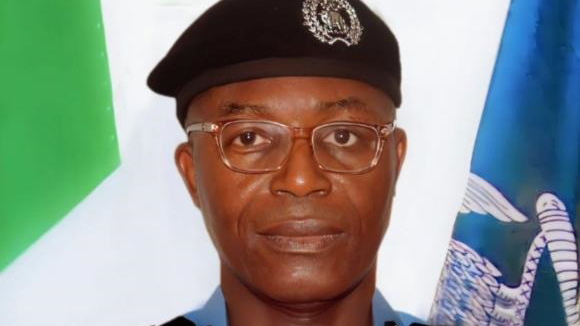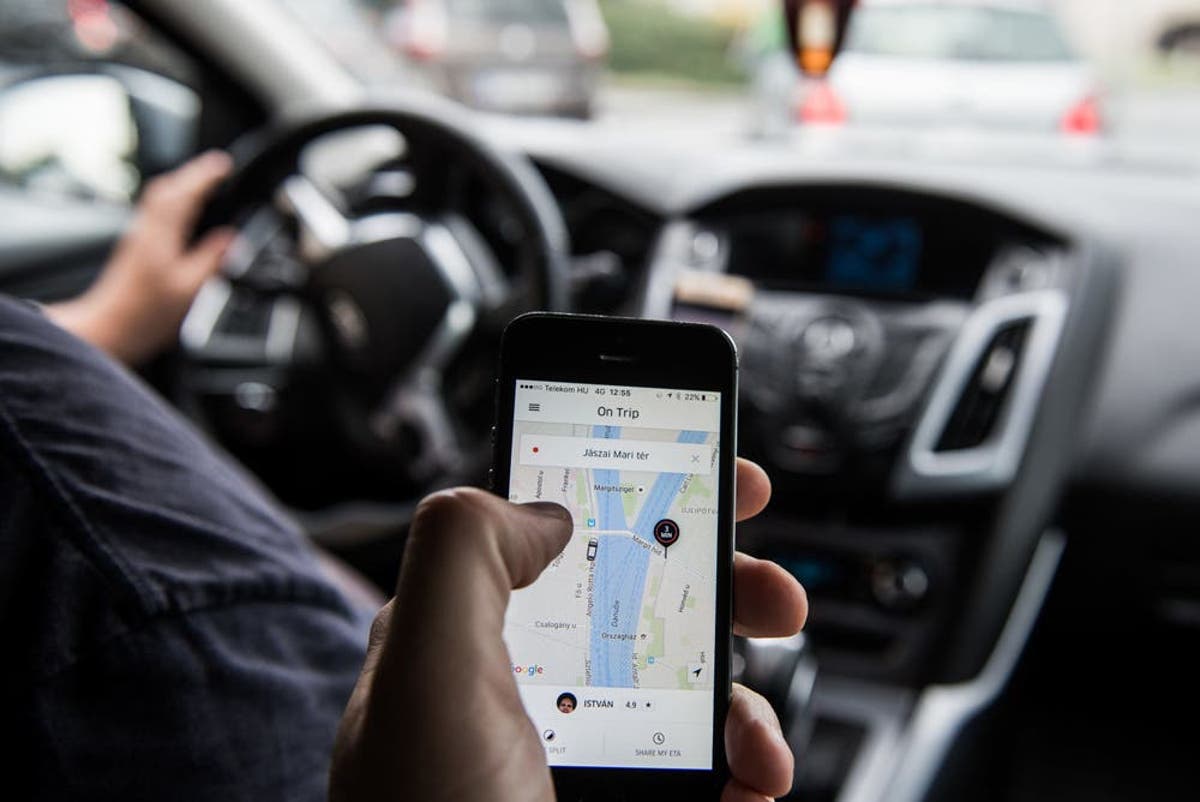The University of Calabar Teaching Hospital (UCTH) has upgraded its clinical services with the recent introduction of advanced endoscopic procedures.
UCTH Chief Medical Director, Professor Ikpeme Ikpeme, made the disclosure during an interaction with newsmen in Calabar.
According to Ikpeme, UCTH was the second government-owned medical facility after OAU Teaching Hospital, to deploy medical science technology in Nigeria.
He said this came to fruition after the medical institution’s partnership with the Massachusetts General Hospital to leverage endoscopic practice in Cross River State in particular, and Nigeria in general.
“We (UCTH) have had a basic endoscopy programme ongoing for years, but we thought it was time to upscale it and introduce advanced endoscopy,” Ikpeme said.
“So, we got into a collaboration with the Massachusetts General Hospital to advance endoscopic practice in our locality.
“We are the second federal institution doing this. The only other federal institution is the Obafemi Awolowo University Teaching Hospital. So our collaboration is actually with Massachusetts General Hospital with a lot of support from OAU Teaching Hospital.”
Speaking on the level of the hospital’s preparedness to adapt to the new technology, the Chief Medical Director said some personnel had earlier been trained in the USA to ease the process.
Apart from manpower development, he disclosed that the required equipment to ensure smooth endoscopic procedures had been procured.
READ ALSO: Expert warns leaders against misinformation about vaccines in Nigeria
“It involved the introduction of Endoscopic Retrograde Cholangiopancreatography (ERCP) and Endoscopic Ultrasound (EUS). The advantage of this is that it would improve the diagnosis of hepatopancreatic biliary diseases, and when that happens, then the chances for better treatment are also improved.
“The training was hands-on on models and live patients led by our staff. We are building capacity, we are building expertise because we want it to survive and be sustainable long after the three-year MOU (Memorandum of Understanding) comes to an end.
“We have successfully treated 8 patients free of charge, who were supposed to travel outside Nigeria for the same treatment.
“Prior to this time, if somebody had pancreatic cancer and needed to do a biopsy, we would need to give them a big incision in the abdomen to go see the pancreas and then do the biopsy,” Ikpeme said.
“But, with what we have now, we introduce a camera mounted on a fiber optic cable, and looking at the video screen, we get to the specific area, do the biopsy needed, administer the treatment and the person is fine.”






